In the next of our Women In Water series, Jane Figueiredo talks us through her experiences in the aquatics world, and a career journey that's spanned multiple continents.
When it comes to Women in Water, few can claim to have had as much influence on their sport as Jane Figueiredo can.
Olympic diver turned multi-medal winning coach, Jane has been a key part of British Diving’s success story over the last six years. But her own personal journey started long before that, so we caught up with her for a two part feature interview to find out more about it.
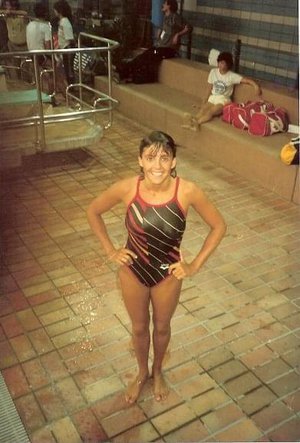
So just how did a young girl from Rhodesia, now Zimbabwe, come to have such an impact on the aquatics world?
“I was a swimmer first” says Jane. “But then that was kind of boring - no disrespect to all the swimmers out there! But for my mind-set, I did a lot of activities; athletics, hockey, swimming, diving, go-karting. My family was very much a sporting family - my dad was a racing car driver.
“I don't remember exactly the day I decided, but I was a swimmer and then I just wasn't really enjoying that and asked my mum to look into diving. There was a gentleman by the name of Clive Mandy who was doing diving in my area. So we started doing trampoline stuff with him in the winters - the pools are closed as it's too cold in your summer, our winter.
“So I started there, and then the diving community in Rhodesia at that time was incredible. We had a slew of amazing divers that were all competing internationally, already going to the Olympic Games. We had an incredible culture of diving, so being in that environment encouraged us to try to get better.”
After her talent became apparent, Jane followed in the footsteps of a number of her compatriots, heading across the Atlantic.
“We had an athlete, a woman by the name of Debbie Hill, who was recruited to the States, the University of Houston. That just started this snowball effect - she went, then she recruited a guy who went, then he recruited another girl and she went, and then I was recruited. I was the fourth person on that list.
“So I also went to the Uni of Houston. And then I recruited another guy, my best friend from diving in Zim [Zimbabwe], and he came to Houston. That's how we all ended up in Houston. Then we also had other divers who went to Arizona; in fact we had divers who went all over the States.
“So the culture of diving was just flourishing, but with the departure of the majority of those divers, the quality of diving in Zimbabwe started to deteriorate. Coaches retired as well, so there wasn't really the abundance of divers. We did have a guy, Evan Stewart, who was a very young World Champion; he won the World Champs at a very young age from the 1m Springboard. But once all the good kids left, diving just died a slow death. They tried to keep it going, but then pools started to deteriorate and then once everybody moved to the States and/or South Africa, that was pretty much the end of the sport, to be honest. We still had divers, but it wasn't like it was in the 60s, 70s, 80s.”
Fast forward a few years and Figueiredo’s fulfilled her dream, but possibly not how she or anyone else would have envisioned.
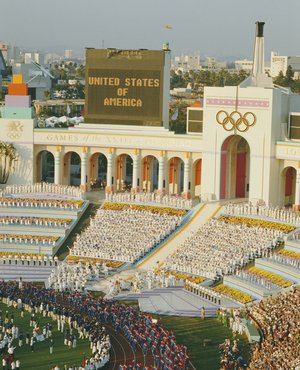
“I dove for Portugal in the 1984 Olympics – it wasn’t Zimbabwe, I dove for Portugal. The reason that came about was because my dad was Portuguese, and I was now living in the States and had a Portuguese passport. We reached out because I wasn't going to be moving back to Zimbabwe, because my parents had moved from Zim to South Africa, so we lost pretty much all contact with the Zim federation. So we reached out to the Portuguese federation, and they were just amazing. They knew my story, my history. I went and competed at several comps in order to qualify, and they picked me and I dove for Portugal at the 1984 Games in LA. That began my Olympic journey.”
Four years later the now Olympian started her coaching career after some time away from the water.
“I started coaching in late 1988, for the Uni of Houston. I was working full-time, and the coach was leaving to go to the Uni of Tennessee, and he asked me if I'd like to start coaching at the Uni of Houston.
“I was like, 'yeah, okay, but I've already got a full-time job!' So I did both. What I would do is I'd go to work at 6.30am in the morning and then leave by about 3pm, race over to Houston and then coach until about 9pm at night, because I had the college team and the age-group team - the only way I could survive money-wise was to keep this age-group programme going.”
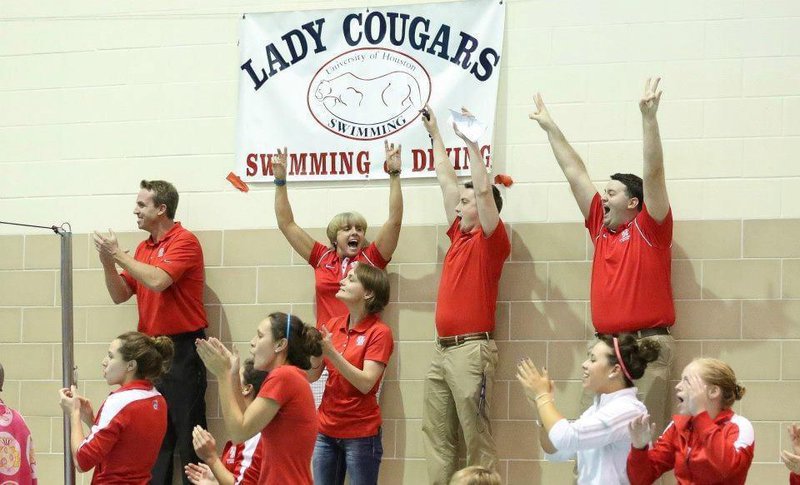
Then came Jane’s first foray into British diving.
“A couple of years in I recruited my first British diver, Olivia Clark. Olivia came to me in the early 1990s from Cheltenham. She was my very first foreign recruit, and was fantastic. We had a great few years but in 1996 she didn't qualify for the British Olympic team; they didn't send any women springboard divers because she didn't make the score, although she won the trials. In those days, you had to have a score, and she was one or two points shy of that score.
“I'd gone to many, many meets with her as part of the GB team but as she wasn't picked I was asked to judge the Olympic trials for the US, and it was whilst I was there that I got a phone call from David Sparkes, who I knew because I'd been to several international meets with the British team.
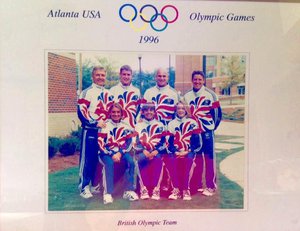
“He called and he said: 'Hey Jane, it's David Sparkes - I'm calling you to ask if you'd be interested in being our Olympic coach for British Diving at the 1996 Olympic Games'.
“I was like: 'What? But my girl didn't even qualify - or are you putting her on the team?!'
“He said: 'No, no, there's something that's happened in the UK, to our Olympic coach - would you be interested, as a neutral party, to coach the GB Olympic team?'
“Obviously I knew all the divers on the team, so I said: 'I'll only consider it under one condition. I need to call all of them and ask them if this is something they want. Otherwise if they don't want it, then I'm not interested.'
“So we went through that process, spoke to Leon (Taylor), Hayley Allen, Tony Alley, Robert Morgan and Lesley Ward. So that was the group, they came back that they wanted me to coach them and that's how that came about!
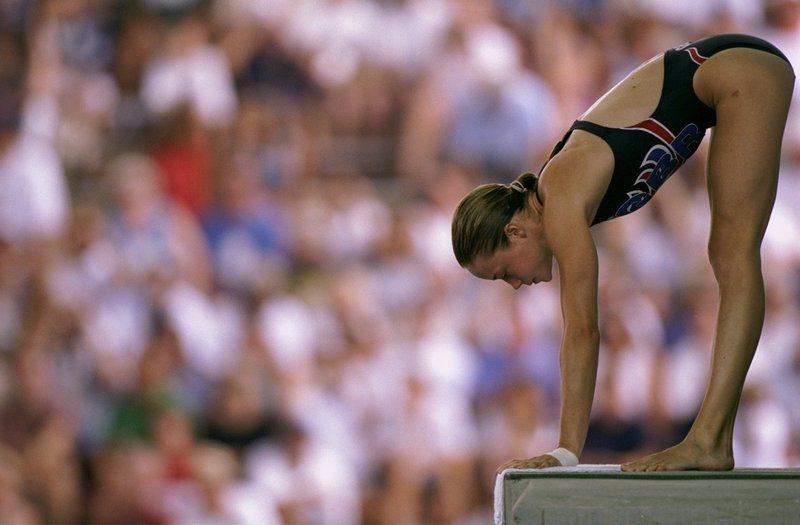
“That was a situation that nobody wants to be in but it was a great opportunity to help those athletes do something at the Olympic Games, so I ended up doing a training camp with them in June, which was our first time getting together, and then went to the Games in July. So we only had two weeks of training together! It was a ridiculous situation, but it was one we were in and we just had to put our foot to the pedal and try to do the best we could - and those guys were just amazing. It was my first Olympic experience as a coach and one I'll never, ever forget.”
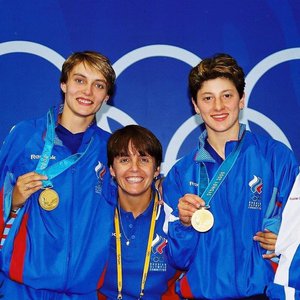
The next chapter of Figueiredo’s career saw her working with the Russian team with great success across four Olympiads, spanning 2000 to 2012.
Then came her move to Britain…
Part two of our Women in Water interview with Jane Figueiredo available here.
